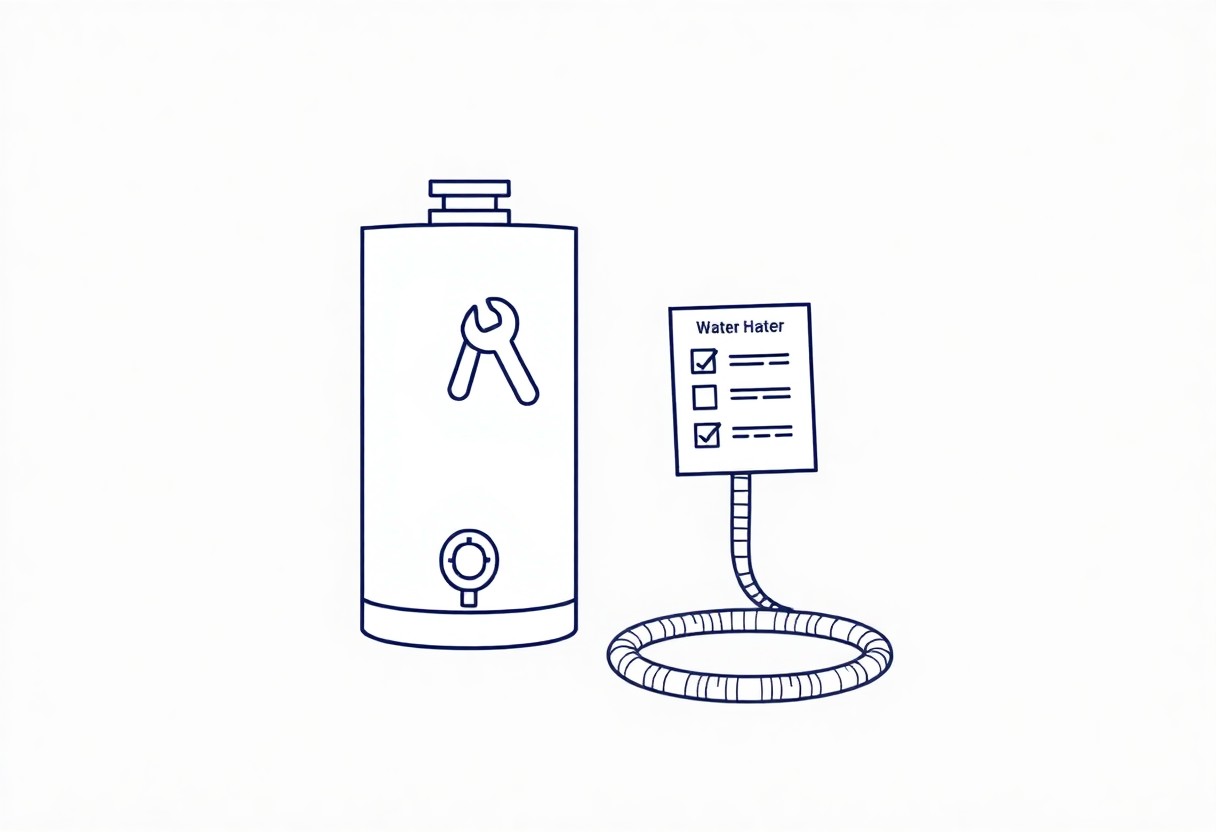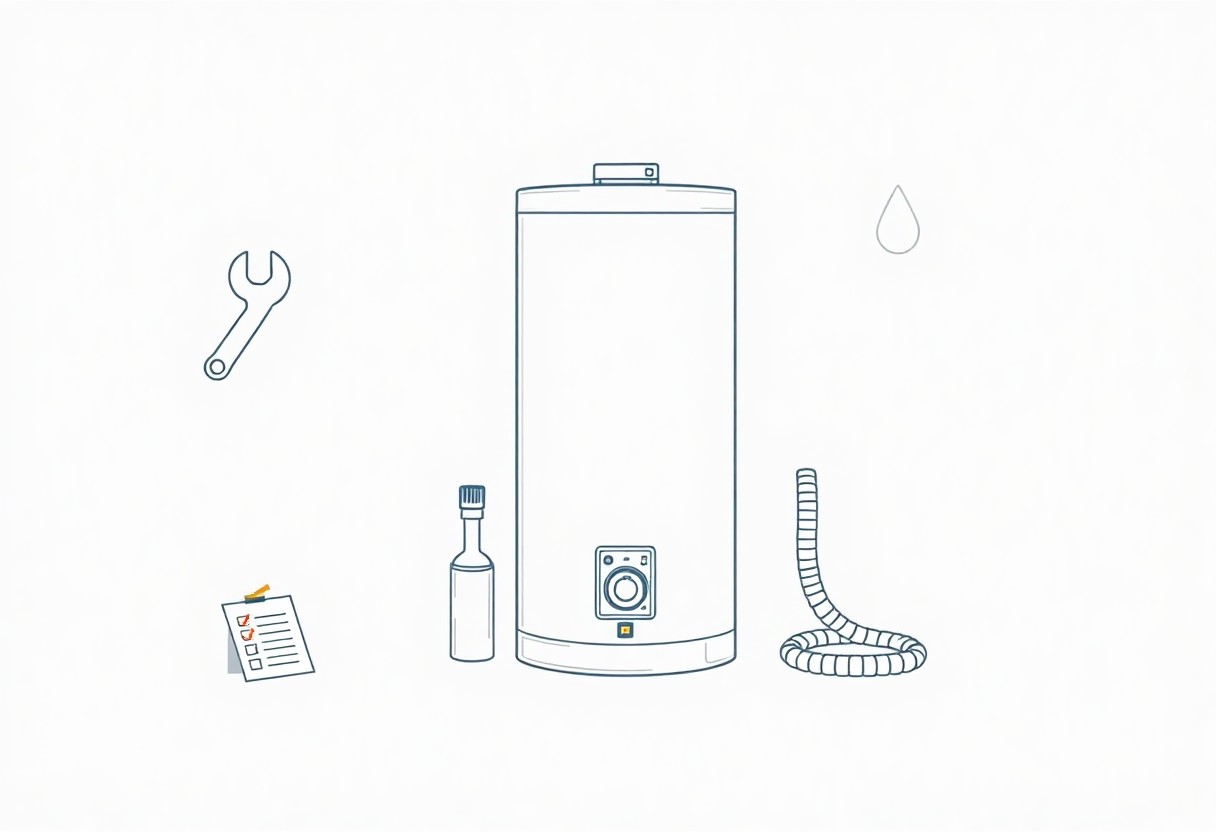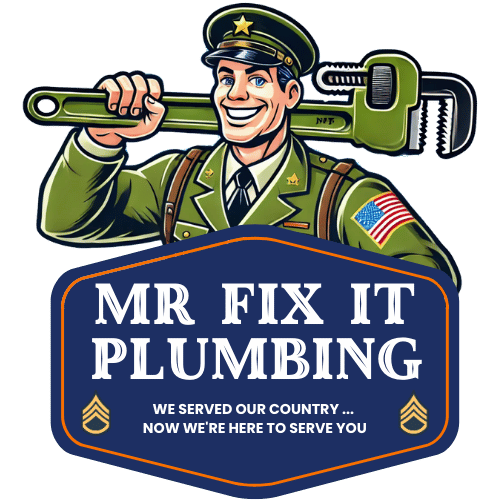Maintenance of your water heater is imperative for both safety and efficiency, ensuring you enjoy a constant supply of hot water. By regularly checking your unit, you can prevent leaks, corrosion, and potential gas leaks, which can pose serious hazards. Additionally, maintaining your water heater can lead to reduced energy costs and a longer lifespan for your appliance. In this blog post, you’ll discover practical tips and strategies to help keep your water heater in top condition, providing peace of mind and a more comfortable home.

Key Takeaways:
- Regularly flush the tank to remove sediment buildup, which can improve efficiency and prolong the lifespan of the water heater.
- Inspect and replace the anode rod every few years to prevent corrosion inside the tank.
- Check the pressure relief valve periodically to ensure it’s functioning correctly and avoid potential leaks or pressure buildup.
Importance of Regular Maintenance
To ensure your water heater operates efficiently and reliably, regular maintenance is crucial. Neglecting this routine can lead to a host of issues, including decreased efficiency, unexpected breakdowns, and damaging leaks. By dedicating time to your water heater’s upkeep, you not only prolong its lifespan but also enhance safety in your home, ensuring you and your family always have access to hot water when you need it.
Benefits of Water Heater Maintenance
Between cost savings on energy bills and reduced risk of sudden failures, regular maintenance offers you numerous advantages. An efficiently running water heater minimizes energy consumption, which can lead to significant savings over time. Additionally, routine checks and servicing help prevent costly repairs and extend the life of your unit.
Signs That Your Water Heater Needs Attention
The most apparent signs that your water heater requires attention include inconsistent water temperatures, strange noises, and visible rust or leaks. If you notice any of these issues, it’s important to address them promptly to avoid potential hazards.
This inconsistency in water temperature may indicate sediment buildup which can affect performance. Strange noises, like popping or rumbling, often signal internal damage that could lead to failures. Lastly, visible rust or leaking from your unit can be hazardous, potentially causing water damage and fire risks. Don’t hesitate to seek professional help if you observe these signs, as taking action early can save you from costly repairs.
Routine Maintenance Tasks
Even with a reliable water heater, routine maintenance tasks are important to ensure optimal performance and longevity. By regularly checking and maintaining your unit, you can avoid costly repairs, extend its lifespan, and improve energy efficiency. Regular maintenance typically involves flushing the tank, inspecting the anode rod, and checking for leaks or corrosion. Making these tasks a part of your home maintenance routine will help you ensure that your water heater operates smoothly and effectively.
Flushing the Tank
On a routine basis, it is wise to flush your water heater tank to remove sediment buildup, which can hinder efficiency and performance. This process helps in maintaining optimum heating effectiveness and preventing damage that can lead to costly repairs.
Inspecting the Anode Rod
An important component of your water heater is the anode rod, which prevents corrosion inside the tank. Inspecting it regularly helps you identify any wear, ensuring that your tank remains protected from rust and damage.
Consequently, if you find that your anode rod has corroded significantly, it’s important to replace it promptly to avoid potential leaks or tank failure. Not only does the anode rod protect your investment, but it also helps maintain water quality. The cost of replacement is minimal compared to the risk of a damaged tank, which can result in significant repair expenses or even an emergency situation requiring immediate attention. By checking this component periodically, you can ensure long-lasting protection for your water heater.
Professional Maintenance Services
Once again, taking care of your water heater is important, and enlisting professional maintenance services ensures that your system operates efficiently and safely. These experts possess the right skills and tools to perform comprehensive check-ups, identify potential issues, and keep your water heater running smoothly. By scheduling regular maintenance with a qualified technician, you can extend the lifespan of your unit and enhance its performance.
When to Call a Professional
Professional assistance should be sought immediately if you notice any unusual noises, leaks, or inconsistent water temperatures. These signs may indicate underlying problems that could lead to more significant issues if left unchecked. Regular inspections by a seasoned technician can help address concerns before they escalate.
Choosing the Right Technician
For optimal results, selecting the appropriate technician for your water heater maintenance is key. Look for professionals who possess relevant certifications, extensive experience, and positive reviews from previous customers. Ensuring that the technician you hire is licensed and insured provides peace of mind, as it implies they adhere to safety standards and best practices.
Professional technicians not only inspect your water heater but also offer valuable advice tailored to your specific needs. They can pinpoint potential hazards, recommend necessary repairs, and help you understand how to maintain your unit effectively. Rely on someone who has a solid track record in the industry, as this often translates to high-quality service and customer satisfaction.
Common Water Heater Issues
After regular usage, it’s important to be aware of common water heater issues that can arise, impacting performance and efficiency. By identifying these problems early, you can avoid costly repairs and ensure your water heater functions optimally. Symptoms like leaks, insufficient hot water, or strange noises can indicate underlying issues that need attention. Understanding these warning signs can save you time, money, and discomfort.
Leaks and Drips
Below, you’ll find that leaks and drips are among the most frequent issues that can signal a problem with your water heater. These leaks may stem from worn-out seals, corroded pipes, or even tank damage. Addressing them promptly is important to prevent water damage in your home and to protect your water heater investment.
Insufficient Hot Water
Issues with insufficient hot water can lead to discomfort during showers or household chores. This often results from a temperature setting that is too low, a failing heating element, or sediment buildup within the tank. Regular maintenance checks can help you stay ahead of these challenges and ensure your water heater is operating at its best.
Leaks can sometimes cause serious issues with insufficient hot water. A leaking tank or pipes may allow hot water to escape before it reaches your taps, leading to unexpected cold showers. Additionally, sediment buildup can insulate the heating elements, making it hard for them to heat water properly. Keeping your water heater maintained and checking for leaks can help you avoid these discomforts and ensure a steady supply of hot water.

Energy Efficiency Tips
All homeowners can enhance their water heater’s efficiency with simple adjustments. Consider implementing these energy efficiency tips to save on utility bills:
- Insulate your water heater and pipes.
- Reduce the temperature setting.
- Schedule regular maintenance.
- Consider upgrading to a more efficient model.
Any of these actions can lead to significant savings over time.
Insulating Your Water Heater
Heater insulation prevents heat loss, ensuring your system works efficiently. A properly insulated water heater retains heat longer, ultimately reducing your energy consumption and lowering your utility costs. Use insulation blankets designed for water heaters and ensure that pipes leading from the heater are also insulated to maximize efficiency.
Setting the Right Temperature
To maintain optimal performance and safety, it’s necessary to set your water heater’s temperature correctly. Aim for a setting between 120°F and 140°F to prevent scalding and ensure efficiency. Consider the table below:
Temperature Setting Benefits
| 120°F | Safer for children and decreases energy consumption. |
| 140°F | Better for sanitizing dishes and reducing bacteria. |
Insulating your water heater and pipes, along with selecting the appropriate temperature, are important measures for energy savings. By setting your heater to 120°F, you reduce energy waste while ensuring safety, and at 140°F, you enhance hygiene, optimizing your system’s performance. Strive for this balance to maximize both efficiency and safety.
Safety Considerations
Not taking proper safety precautions can lead to serious accidents and injuries when it comes to water heater maintenance. It’s important to be aware of potential hazards, whether you’re working with a gas or electric unit. Ensuring your safety not only protects you but also prolongs the life of your water heater. Regular checks, proper ventilation, and following operating procedures are vital for maintaining a safe environment around your appliance.
Preventing Scalds and Burns
Preventing scalds and burns begins with setting your water heater’s temperature to a safe level, ideally around 120°F. This temperature helps eliminate the risk of burns, especially for children and the elderly. Additionally, consider installing anti-scald devices and regularly inspecting your plumbing for leaks. By performing these simple practices, you ensure a safer hot water experience for everyone in your household.
Gas vs. Electric Water Heater Safety
Below are important safety guidelines for both gas and electric water heaters. For gas units, check for gas leaks and ensure proper ventilation to avoid carbon monoxide buildup. Electric units, on the other hand, should have a dedicated circuit and must be grounded properly to prevent electric shocks. Always turn off the power before any maintenance work. Both types require periodic checks to ensure they function safely.
In fact, gas water heaters pose unique safety risks, primarily due to the potential for gas leaks that can lead to fires or explosions. Regularly inspecting the connections and using a gas detector can help you stay vigilant. Alternatively, electric water heaters require careful attention to wiring and grounding; incorrect installation can result in severe electric shocks. By following manufacturer guidelines and conducting routine inspections, you significantly reduce the risks associated with both units while ensuring you enjoy hot water safely.
Final Words
With this in mind, regular water heater maintenance is important for optimizing your unit’s lifespan and efficiency. By flushing the tank, checking the pressure relief valve, and inspecting for leaks, you can ensure your water heater operates smoothly. Additionally, setting the thermostat to a safe temperature and replacing the anode rod when needed can help prevent rust and corrosion. Taking these steps will not only enhance your water heater’s performance but also keep your water supply clean and reliable.
FAQ
Q: How often should I flush my water heater?
A: It’s advisable to flush your water heater at least once a year. Flushing helps remove sediment that can build up at the bottom of the tank, which can affect the efficiency of your heater and even lead to damage over time. Depending on the hardness of your water and usage, you might need to flush it more frequently. Regular flushing can also prolong the lifespan of your unit.
Q: What temperature should I set my water heater to?
A: The optimal temperature setting for a water heater is typically around 120 degrees Fahrenheit (49 degrees Celsius). This temperature is hot enough for most household needs, such as bathing and cleaning, while also reducing the risk of scalding and minimizing energy consumption. It’s a good idea to check the thermostat setting periodically to ensure it’s maintained at this level.
Q: How can I check for leaks in my water heater?
A: To check for leaks, inspect the area around the base of the water heater for any water pooling or moisture. Look at the inlet and outlet pipes for signs of rust or corrosion, and examine the valve and drain fittings. If you notice any signs of leakage, you should address it promptly by tightening connections or consulting a professional for repairs.
Q: Is it necessary to insulate my water heater and pipes?
A: Yes, insulating your water heater and the hot water pipes can significantly enhance energy efficiency. Insulation helps maintain the water temperature, reducing the energy required to reheat the water. This can lead to lower energy bills over time. Insulation is especially important for water heaters located in unconditioned spaces, such as basements or garages.
Q: What signs indicate that my water heater needs to be serviced?
A: Several signs may suggest your water heater requires maintenance or service. These include unusual noises (like popping or rumbling), fluctuating water temperatures, discoloration of water, foul smells, and visible rust on the tank. If you experience any of these issues, it’s wise to contact a qualified technician who can assess and resolve the problems efficiently.

